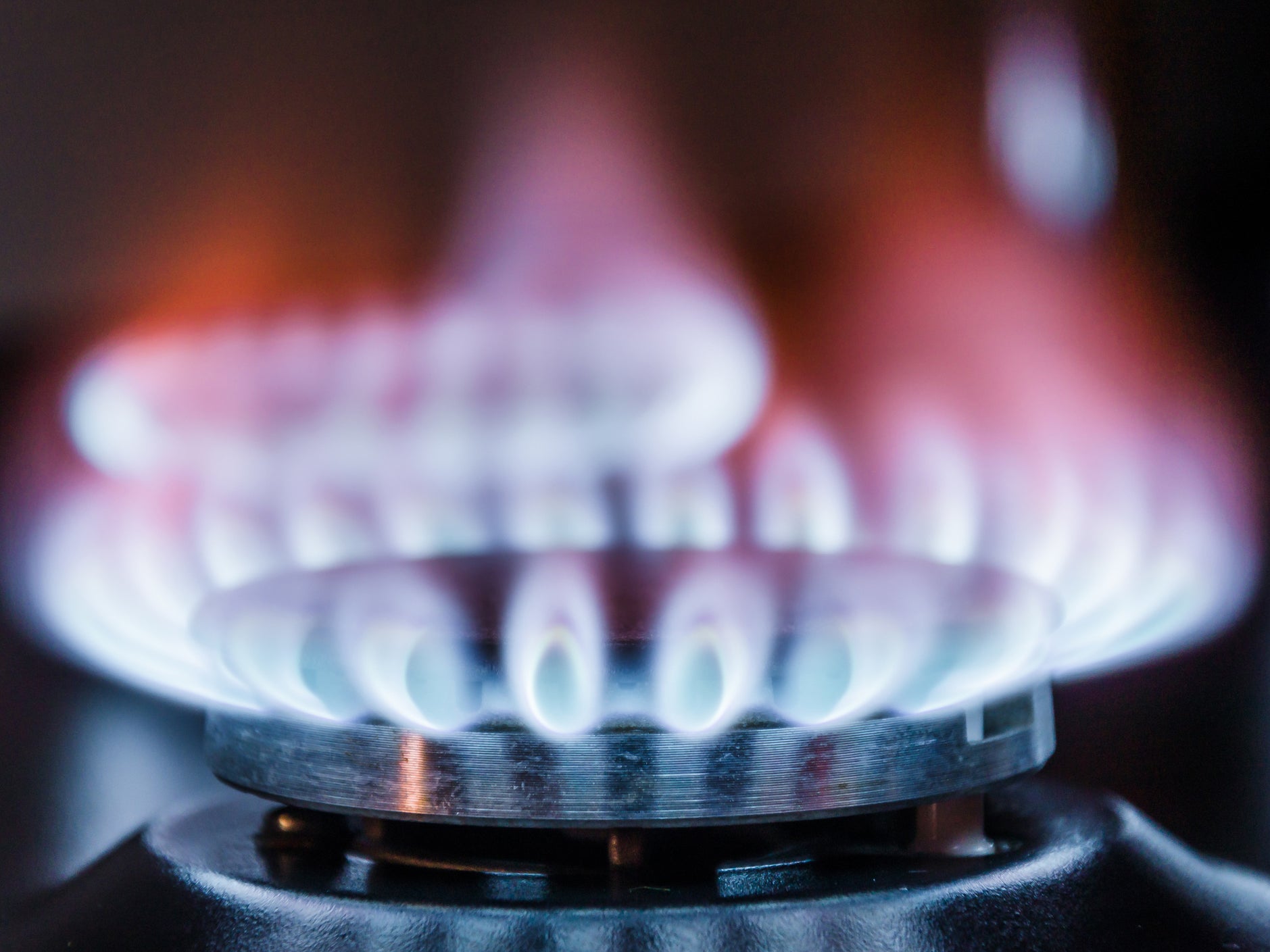Energy bill pain on the way for millions of households
More people are experiencing fuel poverty this year, with many left unable to pay pills

Your support helps us to tell the story
From reproductive rights to climate change to Big Tech, The Independent is on the ground when the story is developing. Whether it's investigating the financials of Elon Musk's pro-Trump PAC or producing our latest documentary, 'The A Word', which shines a light on the American women fighting for reproductive rights, we know how important it is to parse out the facts from the messaging.
At such a critical moment in US history, we need reporters on the ground. Your donation allows us to keep sending journalists to speak to both sides of the story.
The Independent is trusted by Americans across the entire political spectrum. And unlike many other quality news outlets, we choose not to lock Americans out of our reporting and analysis with paywalls. We believe quality journalism should be available to everyone, paid for by those who can afford it.
Your support makes all the difference.More than 2.4 million households in England alone could struggle to pay their energy bills, according to new analysis that reveals the extent of fuel poverty in the UK.
A combination of pandemic financial pressures and the increased amount of time we’re all spending at home could mean more people than ever struggle to pay their energy bills, according to research carried out by comparison site Confused.com.
In England, fuel poverty is defined as having above-average energy bills that leave the household with an income that’s below the official poverty line.
This is a significant issue wherever you are. The latest official estimates suggest that around 10 per cent of households in England are classed as fuel poor; 24 per cent in Scotland; 12 per cent in Wales; and 18 per cent in Northern Ireland.
Fuel poverty means a household is in real financial trouble, but big bills could be a significant issue for an even wider number of households thanks to work and education moving indoors. Reduced hours, furlough and the recent cold snap are also factors exacerbating the problem.
In fact, a survey carried out by comparison site Uswitch.com suggests that one in 10 households aren’t able to cope with a rise in their bills.
More than a quarter of the respondents said that just a £10 a month increase in bills could push them into debt. More than half of households on standard variable tariffs or prepayment meters also reported that they were stressed by the thought of rising bills.
So it’s important to act now to make sure there are no unpleasant energy bill surprises in the coming months.
Rising bills
It’s never been more important to take regular meter readings and submit them to your energy provider regularly because, unless you have a smart meter that’s still active, you run the risk that your current direct debit won’t be enough.
That puts you at risk of an unexpected hike in your energy bills later on, as you play catch up. You don’t need to meet the official definition of fuel poverty for that to blow a hole in your finances, it could be an extra financial pressure at a time when many more people are struggling.
The latest Financial Lives Survey carried out by the Financial Conduct Authority (FCA) shows that more than a quarter of UK adults, some 14.2 million people, are considered to have low financial resilience. More than 8 million people expect to take on more debt as a result of the pandemic.
Now is not the time to be paying more than necessary for necessities like energy.
Another thing that ought to focus your mind is that prices are set to jump for millions of households in April. The energy price cap was recently raised by almost £100 a year. That means that around 15 million homes on default tariffs and on prepayment meters are likely to see their bills rise.
Natalie Hitchins, head of home products and services at Which?, says: “Energy customers will be left reeling by this increase to the price cap which allows suppliers to raise the prices of their default tariffs to where they were before the pandemic, putting further strain on households struggling with rising bills due to increased usage during lockdown.
“Anyone struggling with their energy bills this winter should contact their provider for help. Energy suppliers must also continue to ensure support is easy for consumers to access.”
‘£200 too much’
Those customers already pay some of the worst rates in the country. The standard variable rate tariffs that customers move onto at the end of fixed-rate deals can cost hundreds of pounds more than the best-priced tariffs on the market and that’s before the price hike in April.
MoneySuperMarket examined the current tariffs and found that the cheapest currently on the market sit at just under £950. That means the average bill payer could save almost £200 by switching, perhaps more if they are using more energy than normal just now.
Stephen Murray, energy spokesperson at the comparison site, says: “Our research estimates that consumers that have relied on the cap to keep their bills down will have paid £613 more than those who have switched once a year since the cap’s introduction in January 2019.
“Our message to billpayers is clear: if you’ve been with your supplier for a while, it’s likely you’re overpaying so shop around for a better deal.”
Energy bills are boring and it’s incredibly easy to put off dealing with them. But not submitting a meter reading leaves you at risk of an unexpected and shocking bill. And not taking a few moments to switch to a cheaper deal means you risk paying far more than you need to every year.

Join our commenting forum
Join thought-provoking conversations, follow other Independent readers and see their replies
Comments